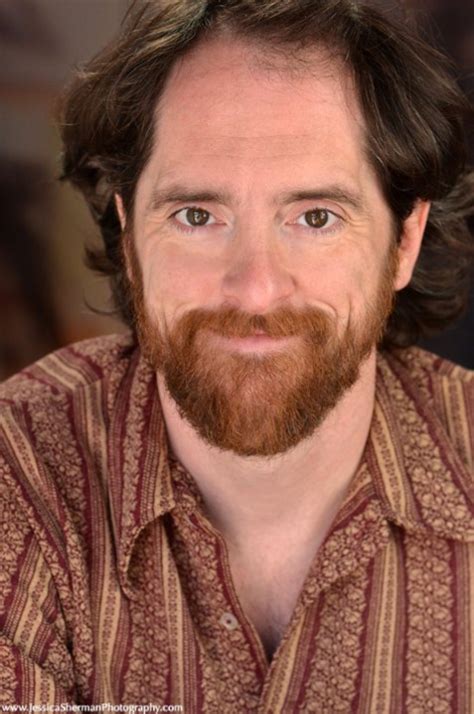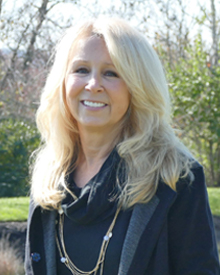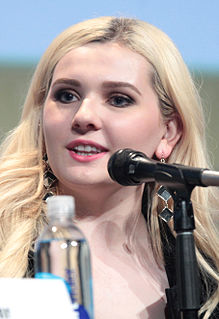A Quote by Michael Stuhlbarg
Scorsese is a fan of improv and is always pushing actors to think up something that would make the scene more fun. He loves any idea that helps the scene be alive.
Related Quotes
I think with improv - and I say it all the time because it's become such a catch thing that you talk about improv - if the scene is well-written, you don't need to improv. But that being said, if something strikes you in the moment and, most importantly, you know where the scene is supposed to go, it's no different than method acting.
For us as writers, it's really important to have songs we believe in - even before sometimes we shoot a scene. If we have a song that's so perfectly designed for a scene on 'Rescue Me,' we'll play it on loud speakers during the shooting. It helps the cameraman and it helps the director, and it helps the actors know what the feel is.
I don't think that any scene [in Pineapple Express] is word for word how you'd find it in the script. Some of it was much more loose than others. The last scene with me, Danny [McBride] and James [Franko] in the diner - there was never even a script for that scene. Usually we write something, but for that scene we literally wrote nothing.
It's never really fun to have to cry in a scene, or anything like that. I just try to put myself in the characters position, and that helps. It's never really fun, but at the same time, if you're having a really bad day, it's a great way to get out all of your frustration by doing a really angry or sad scene. That's always a good release.




































